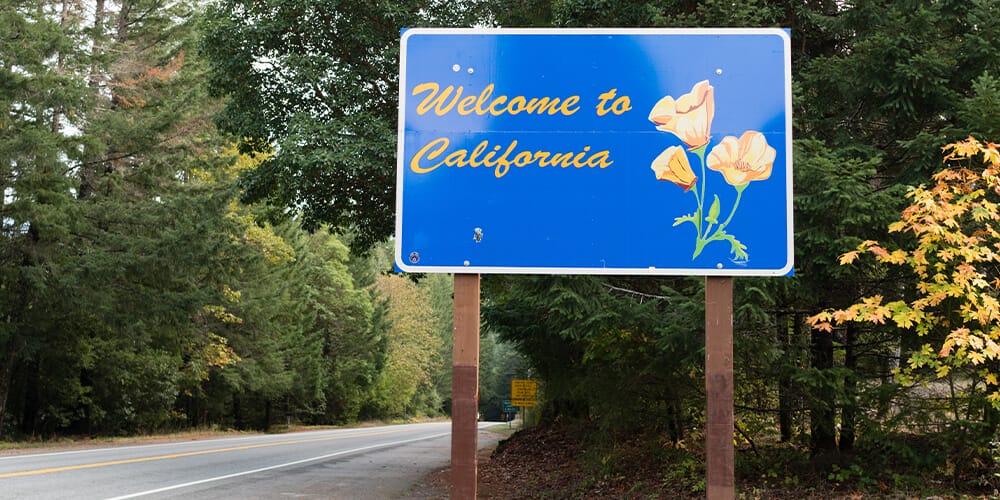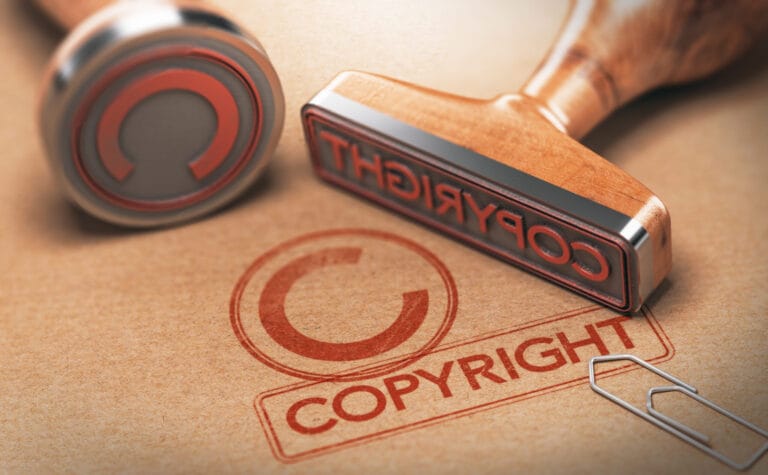In California, the Judicial Council’s Information Technology Advisory Committee (JCITAC) has been hard at work developing revision proposals that would impact electronic exhibits and the admissibility standards for digital evidence. In this article, we’ll take a closer look at one such proposition.
Let’s get started!
What subject is the JCITAC focusing on?
The council is specifically proposing a revision to Rule 2.901 of the California Rules of Court. At the center of their proposition is a phrase which might be unfamiliar to some legal professionals: “lodged electronic exhibits.” A lodged electronic exhibit is one that has been received by the court for temporary storage pending use at trial, but which has not yet been admitted into evidence.
What makes lodged electronic exhibits so special?
Lodged electronic exhibits present unique privacy concerns because they exist in a place of legal uncertainty. When an exhibit is admitted into evidence it must be made available to the public, however, if an exhibit is merely filed with the court, it can be protected by laws that govern the sealing and redacting of documents.
What procedures did the council propose?
The JCITAC’s proposal would establish protections for lodged electronic exhibits and would clarify how the data should be handled by court clerks if it is not admitted into evidence. The rule would ensure the exhibit is only accessible by the parties and the court until it is officially admitted. Furthermore, if the exhibit were confidential by law or sealed by court order, it would maintain those protections under the new rule. Lastly, the proposal offers the following data retention policy:
“Unless otherwise ordered by the court, if a lodged electronic exhibit is not admitted into evidence, the clerk must delete it after the hearing, proceeding, or trial for which it was submitted, and email or mail confirmation of such deletion must be sent to the submitting party.”
If implemented, the new rule could go into effect as early as January 1, 2021.
Final Thoughts
Thanks for reading! We hope we’ve been able to give you a glimpse into one of the proposed rules that could appear in California Courts shortly. If you enjoyed this article, feel free to share it on social media!
When you plan your next deposition, don’t forget to take advantage of our plentiful deposition tools. We provide services including remote court reporting, concierge remote exhibit management, remote videography, and full-time tech support for your remote depositions, arbitrations, court hearings, trials, and other proceedings.






